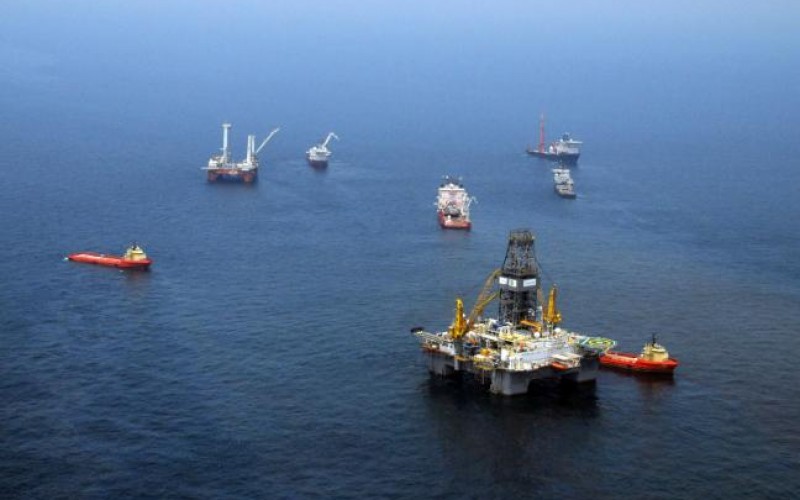Όταν οι διαπραγματεύσεις στη Λοζάνη στις 2 Απριλίου κατέληξαν σε ένα πλαίσιο για μια συνολική συμφωνία για το ζήτημα των πυρηνικών του Ιράν, οι εμπλεκόμενες πλευρές έδωσαν στον εαυτό τους 89 ημέρες για να ολοκληρώσουν τις λεπτομέρειες πριν από το τελεσίγραφο της 30ης Ιουνίου. Έχει περάσει το μισό και πλέον χρονικό διάστημα. Αλλά αντί να σημειώνεται σταθερή πρόοδος στη γεφύρωση των κενών που απομένουν, οι δύο πλευρές φαίνεται ότι απομακρύνονται.
Τρίτη 26 Μαΐου 2015
What can be done to stop the depletion of the world’s natural resources?
The depletion of most of the world’s most pivotal natural resources looms on the horizon, but state and private companies engaged in extracting, cultivating, and trading raw materials have proven reluctant to sufficiently factor in the risk of finite resources in their business models.

The years 2013-14 largely recorded a dramatic drop in commodity prices. For 2015, projections remain negative. Even for the next years to come, the pace of recovery will be moderate.
Migration is capitalism’s unfinished business – it cannot and should not be stopped
A tin of beans has more freedom to travel the world than a person does. Over the last 200 years there has been a dramatic reduction in the rules that restrict things travelling across borders. The average tariff on goods moving between countries is now about two per cent.


While things are increasingly free to move around the world, the opposite is true for people. Almost all developed countries restrict immigration to some extent. And while three quarters of UN member states have signed up to the rules that prevent people trafficking and smuggling, less than a quarter have endorsed global rules to protect migrants’ rights. The priority is to keep people out, not to welcome them in.
A Net Assessment of Europe
Europe is undergoing two interconnected crises. The first is the crisis of the European Union. The bloc began as a system of economic integration, but it was also intended to be more than that: It was to be an institution that would create Europeans. The national distinctions between European nations is real and has proved destabilizing, since Europe has been filled with nations with diverging interests and historical grudges. The EU project did not intend to abolish these nations; the distinctions and tensions were too deep. Rather it was intended to overlay national identities with a European identity. There would be nations and they would retain ultimate sovereignty, but the citizens of these nations would increasingly come to see themselves as Europeans. That European identity would both create a common culture and diminish the particularity of states. The inducement to all of Europe was prosperity and peace. The European Union would create ongoing prosperity, which would eliminate the danger of conflict. The challenge to Europe in this sense was that prosperity is at best cyclical, and it is regional. Europe is struggling with integration because without general prosperity, the seduction of Europeans away from the parochial allure of nations will fail. Therefore, the crisis of the European Union, focused on the European Peninsula, is one of the destabilizing forces.
The Great Divide Between EIA And OPEC Data

OPEC publishes monthly production data for all OPEC nations in their Monthly Oil Market Report. The data crude oil production only and does not include condensate. I have found the data to be highly accurate and any errors are corrected in the next month’s report or the month following that. The OPEC data is from OPEC’s “Secondary Sources”.
Εγγραφή σε:
Σχόλια (Atom)